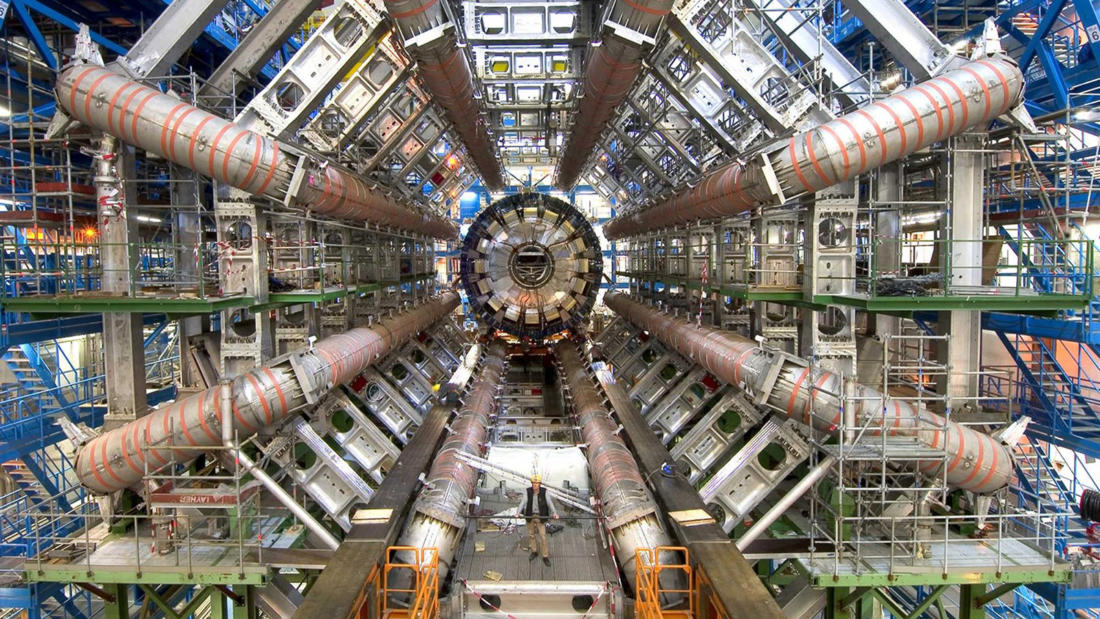
Enzian Theater Maitland, FL
Dr. Philip Chang
Assistant Professor at the Department of Physics at University of Florida
Particle Fever— Then and now: Developments in the large Hadron Collider
Program Description
Celebrate the recent launch of the Large Hadron Collider's historic third run with a screening of Particle Fever! Joining us at the theater is Dr Philip Chang, previous member of the Compact Muon Solenoid (CMS) team and ATLAS Collaboration at the CERN LHC, who will discuss his experience investigating the electroweak and the Higgs sector of the Standard Model (SM), as well as developing a novel charged-particle track finding algorithm to address the challenges of exponentially increasing computing resource usage at the LHC.
Presented At
Enzian Theater Maitland, FL
Film Synopsis
As the Large Hadron Collider is about to be launched for the first time, physicists are on the cusp of the greatest scientific discovery of all time—or perhaps their greatest failure.
Particle Fever follows six brilliant scientists during the launch of the Large Hadron Collider, marking the start of the biggest and most expensive experiment in the history of the planet, pushing the edge of human innovation. As they seek to unravel the mysteries of the universe, 10,000 scientists from over 100 countries joined forces in pursuit of a single goal: to recreate conditions that existed just moments after the Big Bang and find the Higgs boson, potentially explaining the origin of all matter. But our heroes confront an even bigger challenge: have we reached our limit in understanding why we exist?
About the Speaker
After receiving his PhD at University of Illinois, Urbana Champaign, Dr. Philip Chang started his postdoctoral fellow position at UC San Diego as a member of Compact Muon Solenoid (CMS) team at the Large Hadron Collider (LHC) of CERN in Geneva. In the past, Chang had also been a member of ATLAS Collaboration at the CERN LHC. Chang’s primary focus is on the investigation of the electroweak and the Higgs sector of the Standard Model (SM) through studying production of multiple massive particles. Chang has also been developing a novel charged-particle track finding algorithm to address the challenges of exponentially increasing computing resource usage at the LHC, leveraging industry advancements in heterogeneous computing and artificial intelligence techniques.